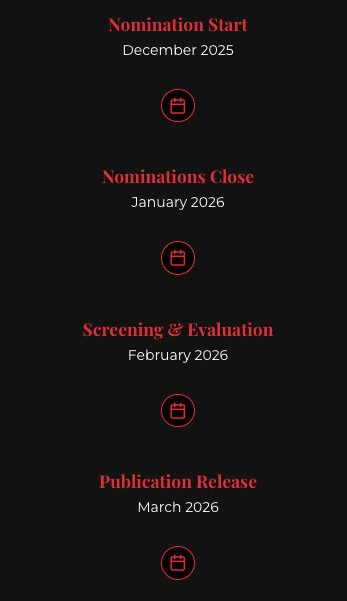X Fined for Unfair Dismissal of $604,565
In a landmark decision, the Irish Workplace Relations Commission (WRC) has fined Twitter, now rebranded as X, a hefty sum of 550,000 euros ($604,565) for the unfair dismissal of Gary Rooney, a long-time employee. This ruling is not just a financial blow to the social media giant but also sheds light on the controversial management practices that have been implemented since Elon Musk’s acquisition of the company.
Elon Musk’s “Hardcore” Email: The Catalyst
It all began in late 2022 when Elon Musk took over Twitter in a high-profile $44 billion deal, swiftly transforming the public company into a private entity. Shortly after the acquisition, Musk sent an email to all employees, outlining a new direction for the company. Dubbed the “hardcore” email, it demanded that employees commit to “long hours at high intensity” or leave the company. The ultimatum sent shockwaves through the workforce, leaving many employees uncertain about their future.
Gary Rooney’s Dismissal: A Controversial Case
Gary Rooney, a nine-year veteran at Twitter, found himself at the center of this storm. When the email was sent, Rooney, like many others, was taken aback by the abruptness of the demand. He did not immediately respond to Musk’s ultimatum, a decision that would later lead to his dismissal. According to the company, Rooney’s failure to respond was interpreted as a resignation, and he was subsequently informed that he had voluntarily left his position.
Ireland’s Workplace Relations Commission (WRC) Steps In
Rooney contested this decision, arguing that his inaction did not equate to resignation. The case was brought before Ireland’s Workplace Relations Commission (WRC), where it was argued that Rooney was unfairly dismissed without proper cause or process. The WRC’s ruling was clear: Rooney’s lack of response could not be construed as a voluntary resignation, and Twitter/X had acted unfairly in terminating his employment.
The Record-Breaking Fine: A Warning to Employers
The WRC ordered Twitter/X to pay Rooney a fine of 550,000 euros ($604,565), marking one of the largest penalties ever levied for unfair dismissal in Ireland. This decision not only serves as a significant financial penalty for the company but also as a stark warning to employers about the consequences of imposing harsh and abrupt management practices.
Musk’s Management Style Under Scrutiny
Elon Musk’s management style has always been a topic of intense debate, and this case has only amplified the scrutiny. Known for his demanding and sometimes controversial approach, Musk’s leadership has been characterized by bold decisions and a relentless push for efficiency. However, this incident highlights the potential pitfalls of such an approach, particularly when it comes to employee rights and workplace fairness.
Implications for Employment Rights in the Digital Age
The case also raises broader questions about employment rights in the digital age. As companies increasingly adopt remote work and digital communication, the lines between formal and informal workplace interactions can become blurred. The WRC’s ruling underscores the importance of clear and fair communication between employers and employees, especially in an era where traditional workplace norms are rapidly evolving.
The Future of Twitter/X Under Musk’s Leadership
As Twitter/X continues to navigate its post-acquisition phase under Musk’s leadership, this ruling serves as a reminder that even the most innovative companies are not above the law. The fine may be a drop in the ocean for a company of Twitter/X’s size, but the reputational damage could be far more significant. Musk’s challenge now is to balance his ambitious vision for the company with the need to maintain a fair and respectful workplace culture.
The $604,565 fine levied against Twitter/X is a significant moment in the ongoing story of Elon Musk’s tenure as the company’s leader. It serves as a cautionary tale for employers everywhere about the importance of fair treatment and clear communication in the workplace. As the digital landscape continues to evolve, this case will likely be referenced in future discussions about employment rights and corporate responsibility.








